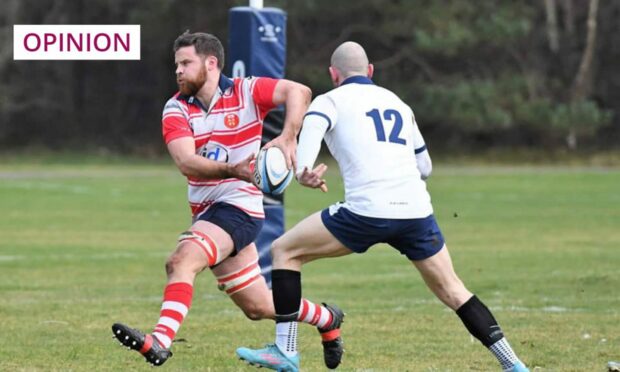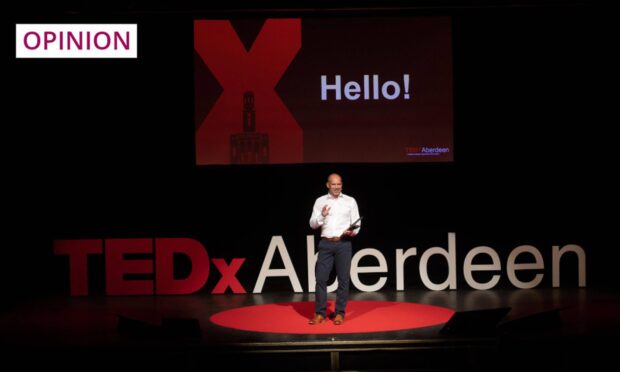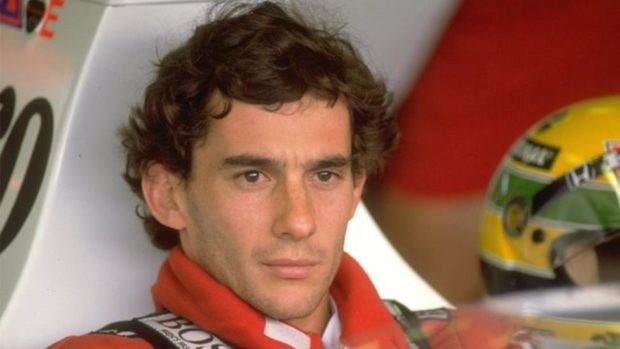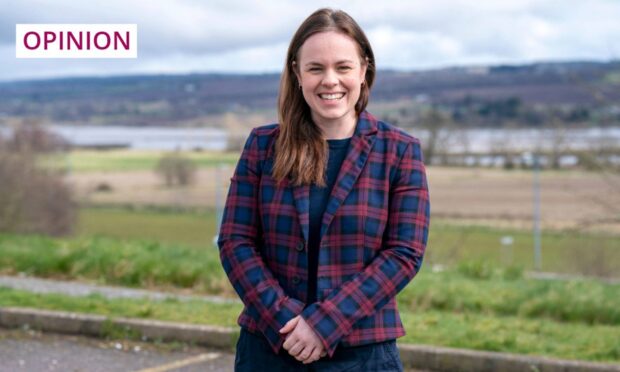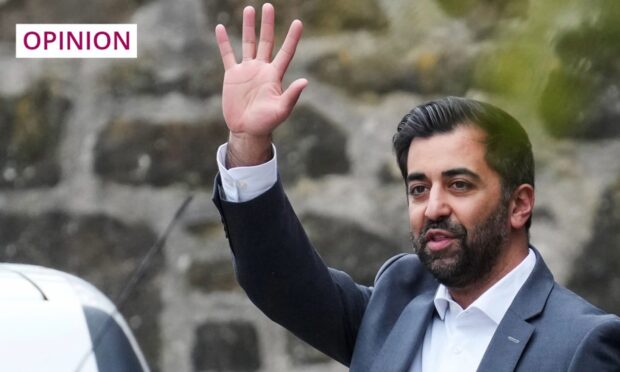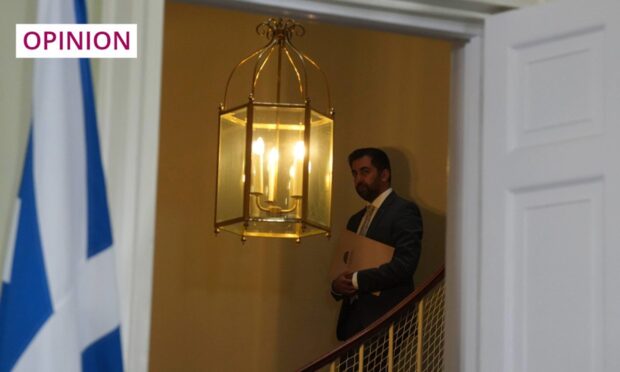What an amazing footballer Dele Alli is; one of the best Spurs players I’ve ever seen play in the lilywhite.
My old flatmate, an Arsenal fan, was so jealous seeing Alli play for Tottenham that he would constantly remind me he had signed him in football video games before he made the move to North London. My friend always admired Alli’s talent, even when playing for his club’s biggest rivals.
In a recent interview, Dele Alli discussed his experiences of mental health issues in sport with Gary Neville, covering rejection, abuse, and his struggles with drug addiction.
Whilst I found this interview hard to listen to, it’s important to consider the challenges he has faced and their impact – although personal to Dele Alli, mental health struggles affect all of us.
In sport, there can be challenges at all levels, from amateur to professional. As Alli pointed out, being involved in sport can lead to facing a lot of rejection.
I became incredibly emotional while listening, as I was reminded of my own experiences as a rugby player, and the dreadful day when I found out we’d lost a teammate to suicide.
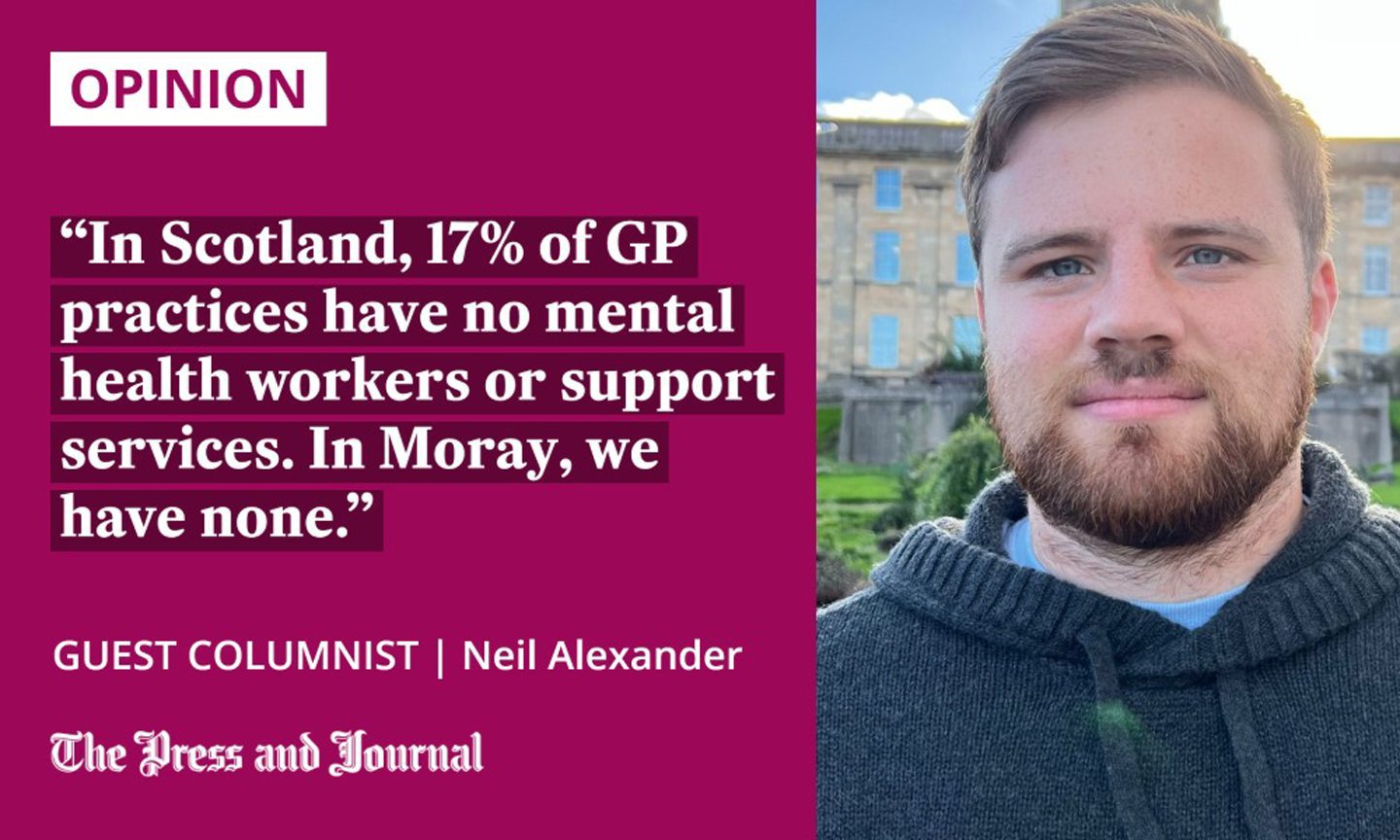
After a league promotion, we’d been playing a tough game of rugby against a more established side in the league. We ended up losing the match, and Connor felt personally responsible for the loss; he said that he felt he could have done more.
That wasn’t right at all. He had made so many key breaks to keep us in that match. I tried to pick him up – I put my arm around him and said that I was always there to chat, any time. I told him we could do some extra training the next week, so we would be back stronger.
Some time passed, and my rugby playing was temporarily sidelined by the Covid pandemic. When making dinner one night during lockdown, a message came through on my phone that left time standing still – Connor had taken his own life.
I felt numb. I thought I was living in a nightmare.
I think back to our post-match conversation a lot. I ask myself the same thing every time: could I have done more?
In the months after I lost my teammate, an amazing person I worked with during my time at Glasgow Caledonian University also lost his battle with poor mental health.
Jamie Shuttleworth was an incredible guy, with an amazing smile. We had some great chats across the friendly rugby-football divide. He was always very open about his mental health struggles and campaigned on the issue publicly.
Scotland desperately needs more mental health support
In Scotland, 17% of GP practices have no mental health workers or support services. In Moray, we have none – too many areas in the country are facing this issue. We aren’t doing enough to help people with their mental health challenges.
There are real problems with access to support, as well as barriers to entry for new psychologists. Without private funding for PhDs, most psychology students cannot afford the further study required by the NHS in order to work professionally.
I don’t want to lose another teammate, or anyone I know and love, to suicide.
Scotland is in a pretty dire situation – but, in the face of such challenges, there are beacons of light: people who go out of their way to volunteer and help others.
FRONT PAGE NEWS!!!
A massive thank you to @Seanmcangus over at the @PandJSport @pressjournal for telling our story!
The article is available here or in printhttps://t.co/BaaHh2bRCS
Thank you for all the support so far!!
Please RT
🧠⚽️
— Moray Mental Health Football Club (@MorayMentalHFC) June 7, 2023
After that horrible day when we lost Jamie, a group of his former teammates raised thousands of pounds for the Movember charity.
In Moray, the Mental Health Football Club is one brilliant volunteer group creating a safe space where everyone can discuss their mental health and find support from other like-minded people. What a brilliant team; I am a massive fan.
If someone at the top of world football like Dele Alli needed extra support, then we can definitely be more aware of when athletes in all sports and at any level need assistance, particularly the next generation. Sport can be so powerful in engaging people, but we can do a lot more to help and be there for everyone in our communities.
Neil Alexander is leader of the Moray Liberal Democrats and a community councillor for Elgin
